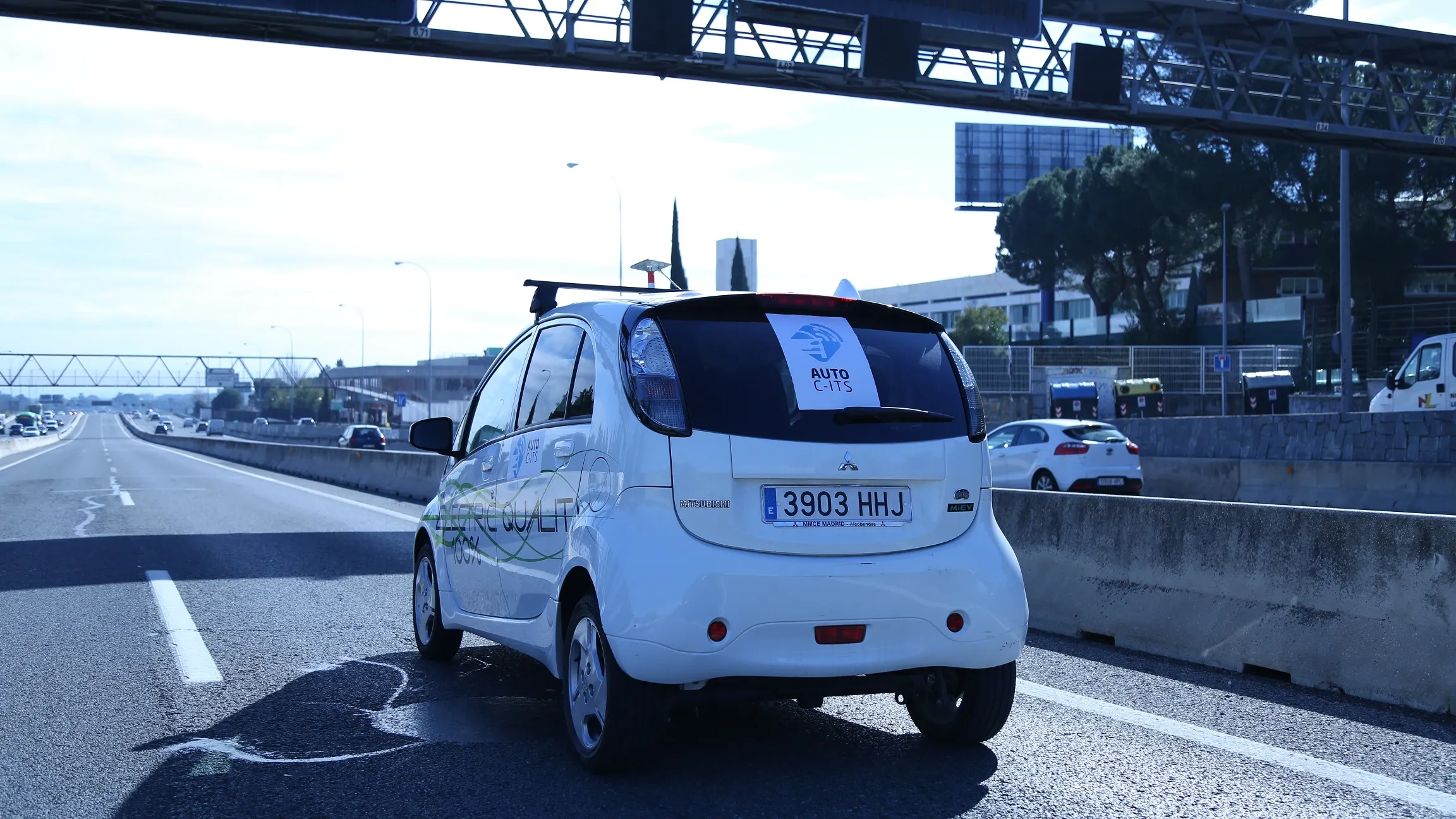Zenuity has joined forces with CERN, the European Organisation for Nuclear Research, to develop fast machine learning for autonomous vehicles (AVs).
Zenuity - an autonomous driving software company - is hoping the collaboration will aid the development of AVs that can make decisions and predictions more quickly, thereby avoiding accidents.
The partners will also aim to reduce the runtime and memory footprint of deep learning algorithms while minimising energy consumption and cost.
They will use CERN’s
September 5, 2019
Read time: 1 min
Zenuity has joined forces with CERN, the European Organisation for Nuclear Research, to develop fast machine learning for autonomous vehicles (AVs).
Zenuity - an autonomous driving software company - is hoping the collaboration will aid the development of AVs that can make decisions and predictions more quickly, thereby avoiding accidents.
The partners will also aim to reduce the runtime and memory footprint of deep learning algorithms while minimising energy consumption and cost.
They will use CERN’s Field-Programmable Gate Arrays, a hardware solution that is expected to execute decision-making algorithms in micro-seconds for machine learning applications.









